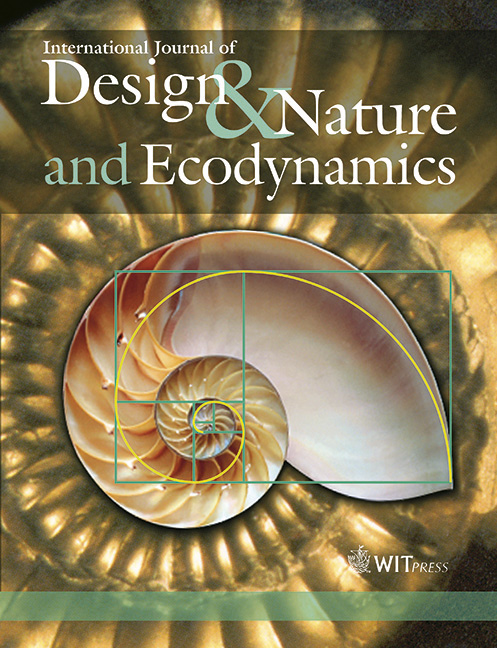TOWARDS THE AUTONOMY OF URBAN MANAGEMENT: SIMPLE SYSTEM AS A SOLUTION FOR COMPLEX URBAN ENVIRONMENT
Price
Free (open access)
Volume
Volume 11 (2016), Issue 4
Pages
9
Page Range
522 - 531
Paper DOI
10.2495/DNE-V11-N4-522-531
Copyright
WIT Press
Author(s)
R. BARELKOWSKI, K. BARELKOWSKA, L. CHLASTA, J. JANUSZ & L. WARDESKI
Abstract
There was an unprecedented development of cities, both in 19th and 20th century. Especially, late 20th century faced the moment in which urban population exceeded rural population only to accelerate this trend at the turn of the 21st century. Cities have become extremely fragile, technologically densified, extremely saturated with men and their artifacts, and too much extent very random, chaotic in its emergent patterns, either expanding the city or transforming its existent parts.
Simultaneously, these complex urban patterns encouraged the elaboration of sophisticated systems of urban management. But these systems work only in some areas of the world, most often unable to follow the quick rate of expansion. Therefore, substandard urban areas, undeveloped or overdeveloped, poor areas, segregation, exclusion zones, economically inefficient areas which cannot gain resources to get renovated, refurbished, and renewed. The work discusses small-scale intervention in chaotic urban areas – Ariadne’s Thread system intended to provide signage, telecommunication support, emergency reactive platform with surveillance options, and lighting integrated and dedicated to areas currently having none of these systems appropriately developed. The cluster of pylons connects to permanent local node, compulsory hard infrastructural element. The role of the latter, tasks to perform, the equipment used to analyze signals from cluster and respond in an appropriate manner is a significant supplementing and coordinating hub of the system. This paper will present the structure of the system, its working patterns, and methodology applied.
Keywords
design for communities, development and management, infrastructural systems, planning, sustainability, urban strategies




